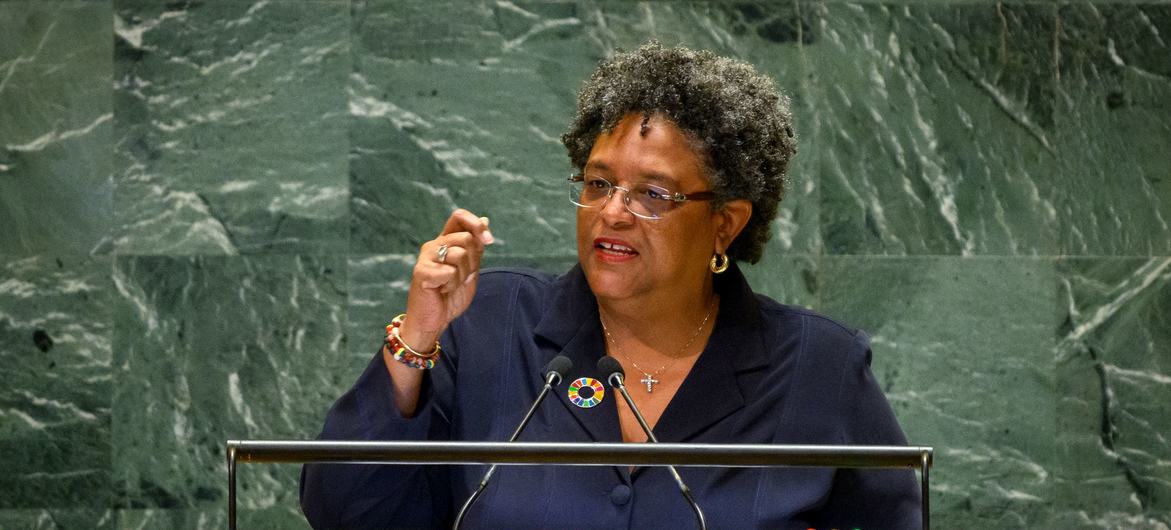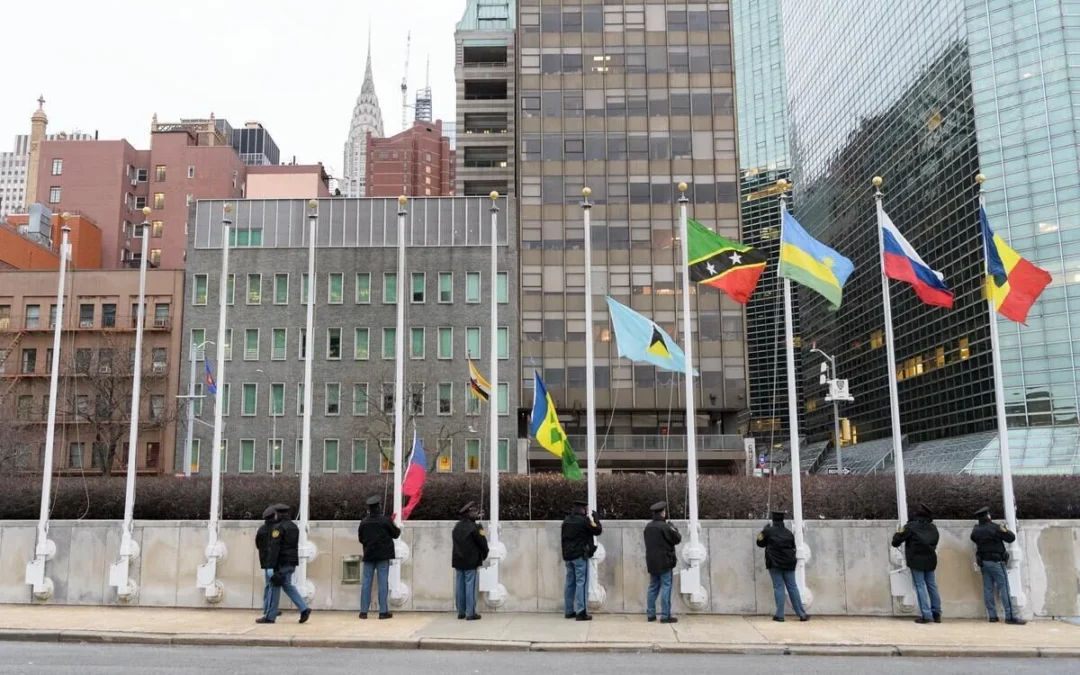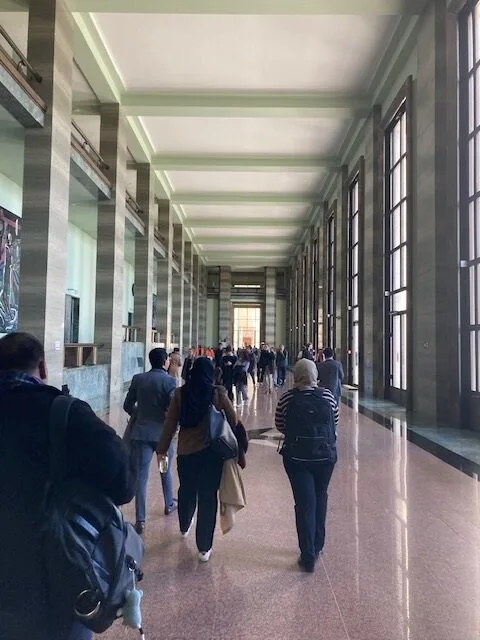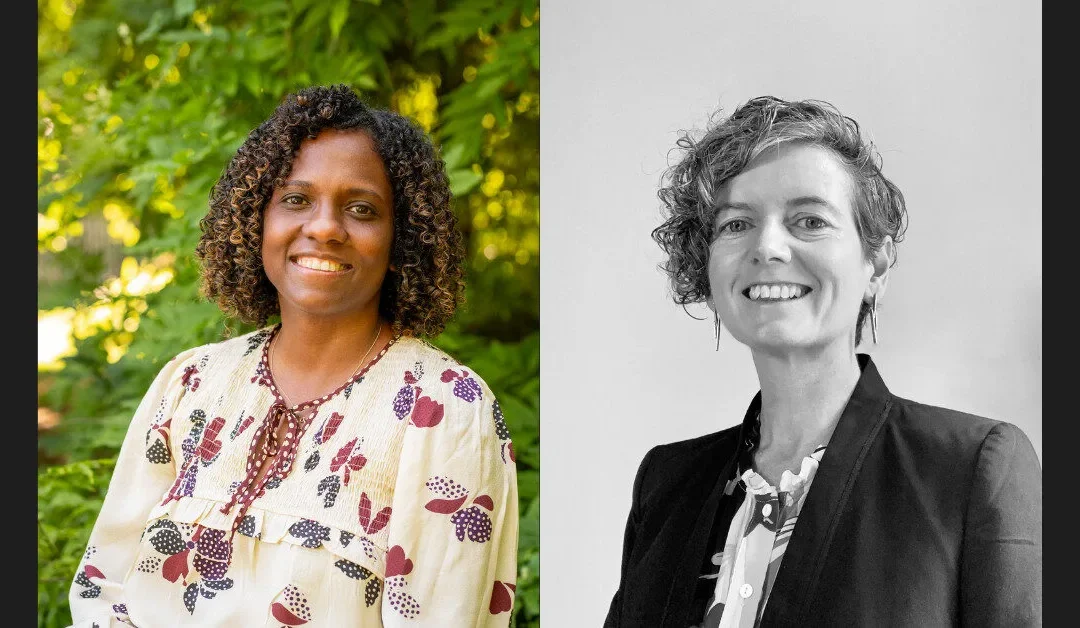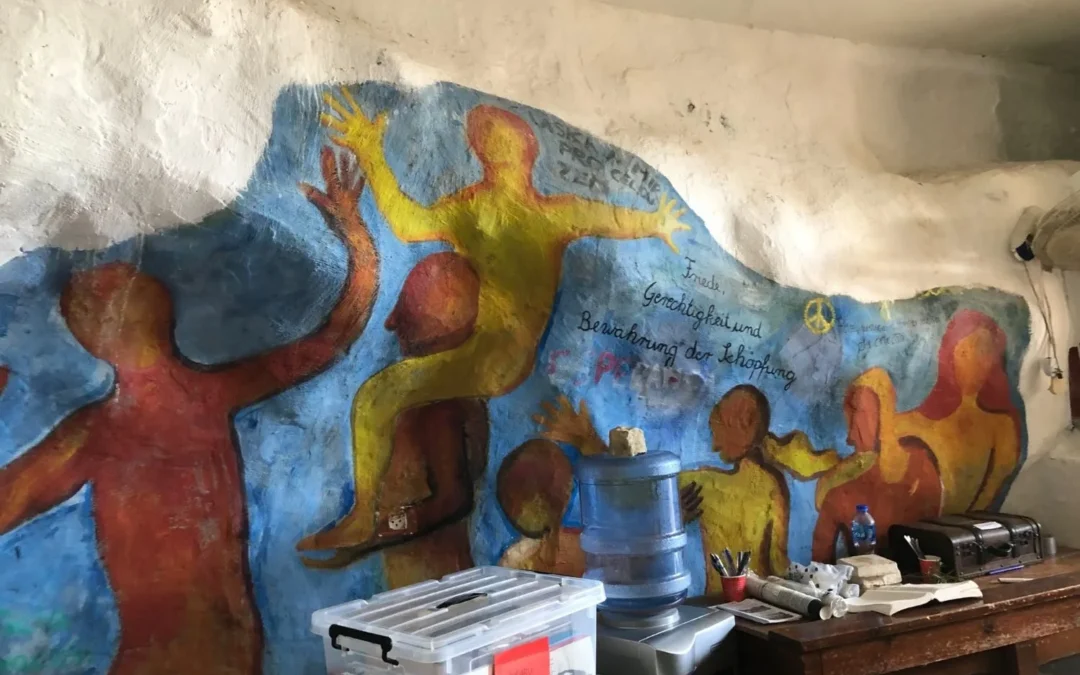On 17 September, the UN General Assembly convened for an emergency session to consider a resolution calling for the implementation of this summer’s opinion from the International Court of Justice (ICJ) on the Legal Consequences arising from the Policies and Practices of Israel in the Occupied Palestinian Territory, including East Jerusalem, which focused on Israeli settlements and called for their withdrawal. The State of Palestine introduced a resolution to implement the ICJ decision, which includes a timeline for Israel’s withdrawal from all settlements in the Occupied Palestinian Territory, which the ICJ deemed illegal under international law. However, as representatives commenced debate on the resolution, reports of pagers exploding across Lebanon began to make headlines. The attack, which exploded pagers and walkie-talkies and targeted Hezbollah members, killed at least 42 people, including children, while also injuring thousands of civilians.
The escalation from pager explosions to Israel’s heavy bombing of civilian areas overshadowed the annual gathering of world leaders to open the new UN General Assembly Session and followed a week of emergency meetings on the deepening crisis rapidly spreading further across the region. Against this backdrop of increasing militarism and violence, many leaders expressed frustration with a double standard of when and to whom international law applies and with the scale of human suffering to which we are all bearing witness. As President Mohamed Irfaan Ali of Guyana declared, “Israel continues to flout its international obligations…Instead, the right of self-defense is being used as a weapon of mass extermination, stoking legitimate fears of genocide.” Leaders of neighboring states like Türkiye, Jordan, Kuwait, Iraq, Libya, and Tunisia took time on the floor of the General Assembly to emphasize this point and condemn the continuous escalation of violence as a threat to the peace and security of the region.
Secretary-General António Guterres addressed these concerns at the opening of the General Assembly, stating that “[a] growing number of governments and others feel entitled to a ‘get out of jail free’ card. They can trample international law. They can turn a blind eye to international human rights conventions or the decisions of international courts. And nothing will happen.” The comments of the Secretary-General and those of a number of other representatives who gave statements suggests a growing unease between nations that have historically held influence and those that have not.
In light of the anniversary of the attacks on 7 October, it is essential to remember the human cost of this conflict, which grows more dire each day for everyone in the region. While media coverage of the devastation in Gaza is often dehumanizing, the message from the overwhelming global majority, particularly from those in the Global South, was one of solidarity and shared humanity. A shared humanity that criticized the Israeli government’s actions while expressing hope for Israeli citizens to be able to live in peace with their neighbors and also called for the release of all hostages.
For small countries the fear was clear that if a Permanent Member of the Security Council used the veto to block action towards a ceasefire or allowed the withholding of humanitarian aid for some, then it was possible that they could be next. Trinidad and Tobago’s Foreign Minister Amery Browne made a powerful statement: “The continued resourcing of these ongoing violations of international law sends a chilling message to the global south…, some powerful people in this world that are of the view that a Palestinian child is less worthy of defense, protection, food, water, and life than another child.” He continued to express that Trinidad & Tobago and decent people all over the world do not share that view.
In this context of established solidarity among the majority of UN member states, calls for reform to the United Nations, especially to the UN Security Council, were a focus of many speeches during high-level week. Prime Minister Ralph Gonsalves of St. Vincent and the Grenadines asserted that the genocide in Gaza, as well as the multitude of conflicts around the world, are failures of the multilateral system’s outdated design from an era of lingering colonialism. He and numerous other leaders called for reform of the UN Security Council to more equitably represent the Global South and to respond more effectively to international crises that cause such catastrophic human suffering. Leaders from Indonesia and Malaysia stressed the Security Council’s role in facilitating that suffering, stating that the failure to hold Israel accountable to humanitarian law is due to the abuse of veto power by a few states.
Immediately following the speech from Prime Minister of Israel Benjamin Netanyahu, Prime Minister of Barbados Mia Mottley began her address by calling for a reset for the international system. Holding a hand to her heart, she declared, “…we cannot afford the distraction of war. If ever there was a time to pause and reset, it is now.” Calls for reform emphasized the reality that war and spending on militarization distract from investment in areas that will build sustainable peace for all people. Because peace is not simply the absence of violent conflict between states, leaders reiterated that resolving war is only the first step in providing stability and security for people in Gaza, Lebanon, Ukraine, Haiti, Sudan, and all other places in conflict.
Image: UN Photo/Loey Felipe

